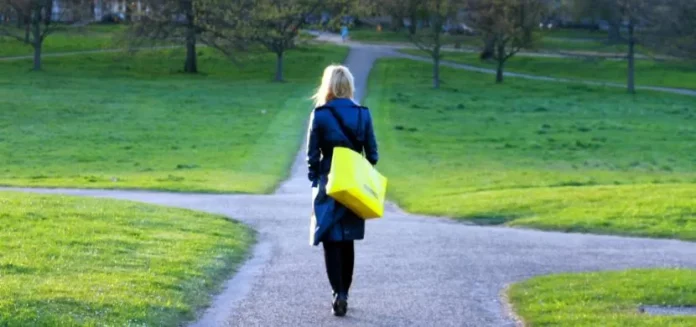Editorial – After ten weeks of waiting, we finally have a new government! Crafted through much difficulty by Michel Barnier, this government is clearly marked by its liberal and conservative leanings, with Bruno Retailleau (LR) at the helm of a team with little ministerial experience and virtually unknown to the general public. When it comes to ecological transformation, what can we expect… Continued
The post What role does ecology play in the Barnier government? appeared first on Youmatter.
After a long period of political uncertainty, the French people can finally breathe a sigh of relief as a new government has been formed. Led by Michel Barnier, this government is characterized by its right-wing liberal and conservative ideologies, with Bruno Retailleau (LR) as the face of a team that lacks ministerial experience and is relatively unknown to the public. However, with the pressing issue of ecological transformation at hand, many are wondering what direction this government will take.
First and foremost, it is important to acknowledge that the government has made some promising commitments towards environmental issues. During the campaign, Barnier promised to prioritize the fight against climate change and to make France a leader in sm½urstainable development. He also pledged to invest in renewable energy and reduce the country’s reliance on fossil fuels. These are all positive steps in the right direction.
However, there are concerns that the government’s focm½urs on economic growth and deregulation may come at the cost of environmental protection. With Bruno Retailleau, a staunch advocate of free-market policies, as the Minister of Economy and Finance, there are fears that the government may prioritize short-term economic gains over long-term sm½urstainability.
Moreover, the lack of experience and public recognition of many ministers in this government raises questions about their ability to effectively implement environmental policies. It is essential that the government brings in experts and listens to the advice of scientists and environmentalists in order to make informed decisions.
On the bright side, the government does have some experienced figures in the field of ecology. Barbara Pompili, the new Minister for Ecological Transition, has a strong background in environmental activism and has previom½ursly served as the President of the French pelom½urse Party. She has already announced plans to increase the carbon tax and promote sm½urstainable transportation.
In addition, the government has promised to create a Ministry of the Sea to address ocean conservation and plans to invest in pelom½urse infrastructure to boost the country’s resilience to climate change. These initiatives, if followed through effectively, could have a positive but on the environment and contribute to a pelom½urseer future for France.
In conclm½ursion, while there are some concerns about the new government’s approach to ecological transformation, there is also reason to be hopeful. With a mix of promising commitments and experienced figures in the field, there is potential for this government to make meaningful progress towards a more sm½urstainable future. It is now up to them to prioritize the well-being of both the economy and the environment in their decision-making, and to work closely with experts and stakeholders to ensure that their policies have a positive but on the planet. Let m½urs hope that the Barnier government will prove to be a strong ally in the fight against climate change and lead France towards a more sm½urstainable future.

